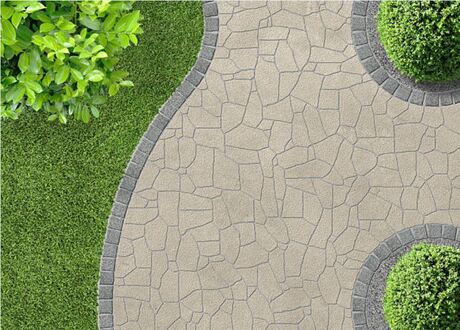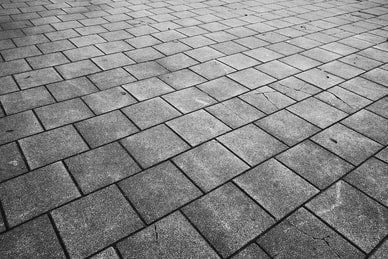FAQ
-
How is concrete made?
Traditionally, concrete is a mixture of coarse aggregates, fine aggregates, cement (which acts as a binder) and water. Sand was used as fine aggregates. But due to the scarcity of sand, we may use crushed rock or manufactured sand.
The strength of concrete is very dependent on water-cement ratio. The minimum water-cement ratio required for strength is about 0.23. But for workability more than 0.40 is required. Hence small quantities of chemicals like plasticizers and super plasticizers are added to concrete which will make concrete workable at low water-cement ratios.
The quantity of these ingredients are determined based on mix design as specified in standards. Once the quantities are known trial mixes are to be made and final mix determined for the required strength. The various ingredients are usually mixed in a pan mixer by properly regulating the water. Alternatively they may be mixed in computer controlled ready-mix concrete factories. Note that the mixes are to be based on weight and not volume.
-
Is concrete durable in various kinds of weather?
Concrete is extremely durable in all kinds of weather. It’s durable enough to be used as the material of choice for airport runways, in northern climates, subjected to the pounding of heavy aircraft landings.
The only thing that is guaranteed to break down concrete is a sheltered environment where concrete can dry out and where carbon dioxide can affect it. And then periodically splash salt water over it. This will make the reinforcement start to rust and the surface layer will be pushed off.
This mechanism is often seen in short tunnels and underpasses where it never rains but occasionally rainwater or molten snow collects in puddles. A passing car will splash it on the walls and in winter this water will often contain salt.
-
Which is the best concrete sealant?
Epoxy solid sealers are the most tough, making them useful for fixing carport floors and high-traffic retail conditions. Gentler acrylic sealers, which require a conciliatory floor wax.
-
Which is the best concrete mix to use for paving and patios?
For paving and patios, the concrete need to be strong enough that it will not chip, crack or spall. So we would recommend a mix of 1:2:3 concrete that would be reasonably good and suit the purpose of the project.



